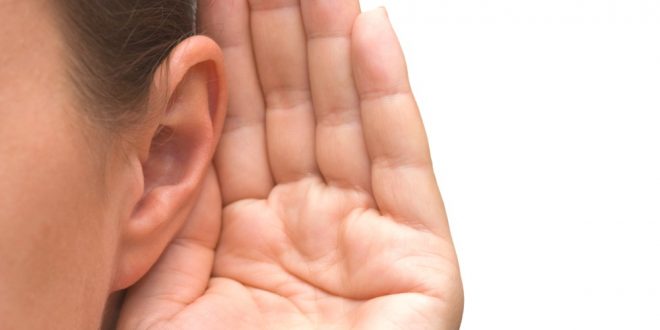A simple injection could restore the hearing of thousands of people, after researchers successfully grew hair cells from the inner ear in the laboratory.
Thousands of hair cells detect sound waves within the inner ear and translate them into nerve signals which allow hearing.
Damage to these cells is one of the leading causes of hearing loss – and once they are damaged they will not regenerate.
In a new paper in Cell Reports, scientists from Brigham and Women’s Hospital, Massachusetts Institute of Technology, and Massachusetts Eye & Ear describe a technique to grow large quantities of inner ear progenitor cells that convert into hair cells. The same techniques show the ability to regenerate hair cells in the cochlea.
Humans are born with only 15,000 sensory hair cells in each cochlea, which are susceptible to damage from exposure to loud noises and medications, which can lead to cell death and hearing loss over time. “Amazingly, birds and amphibians are capable of regenerating hair cells throughout their life, suggesting that the biology exists and should be possible for humans. Intrigued, we decided to explore whether these hair cells could be regenerated,” says Jeff Karp, PhD, co-corresponding author and biomedical engineer at BWH.
In order to find out, “we took cochlear supporting cells expressing Lgr5, a marker recently found in stem cells of several organs, and treated them with a drug cocktail that stimulated critical pathways,” says Xiaolei Yin, co-lead author on the paper and instructor of medicine at BWH. The team achieved a >2000-fold increase in Lgr5 progenitor cells and found that these progenitors could generate new hair cells in high yield. The team also demonstrated that this approach could work with cells from mouse, non-human primate, and human tissue.
Importantly, the drug cocktail “generates new sensory hair cells in intact cochlear tissue, which shows promise for a therapy to treat patients with hearing loss,” says Karp. This expansion of large populations of Lgr5-expressing cells and their differentiation to hair cells provides a powerful tool for investigating the regenerative biology of hearing, and these drugs should be relevant for clinical application.
To advance this work to patients, Frequency Therapeutics, is developing a novel small molecule approach to treat chronic hearing loss and expects to be in the clinic within the next 18 months.
Agencies/Canadajournal
 Canada Journal – News of the World Articles and videos to bring you the biggest Canadian news stories from across the country every day
Canada Journal – News of the World Articles and videos to bring you the biggest Canadian news stories from across the country every day



